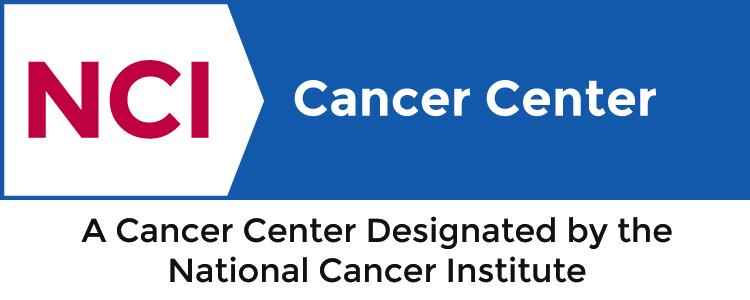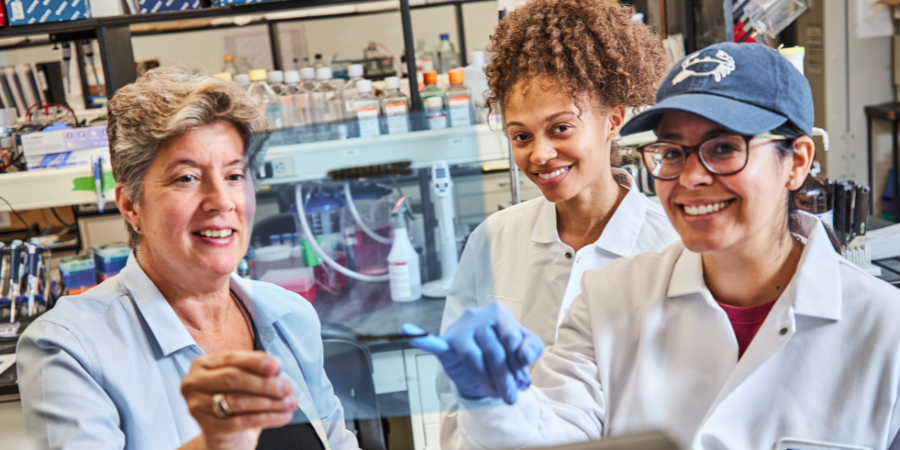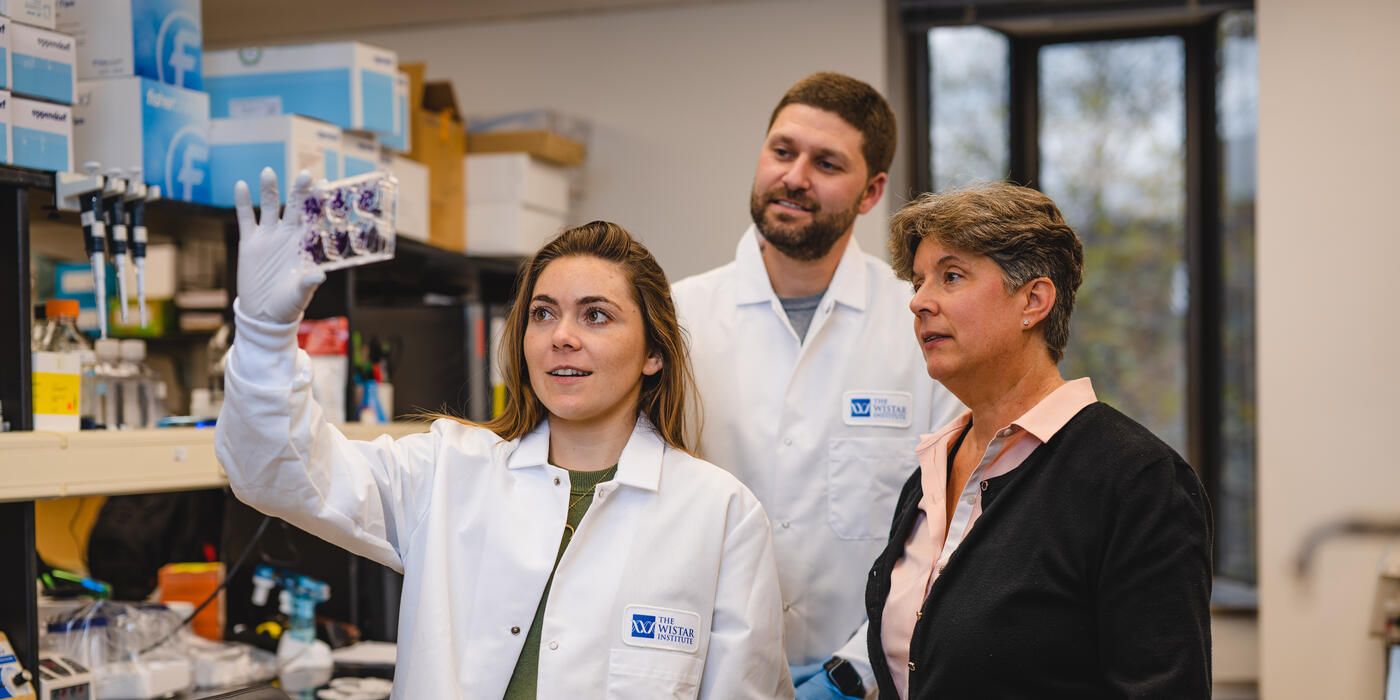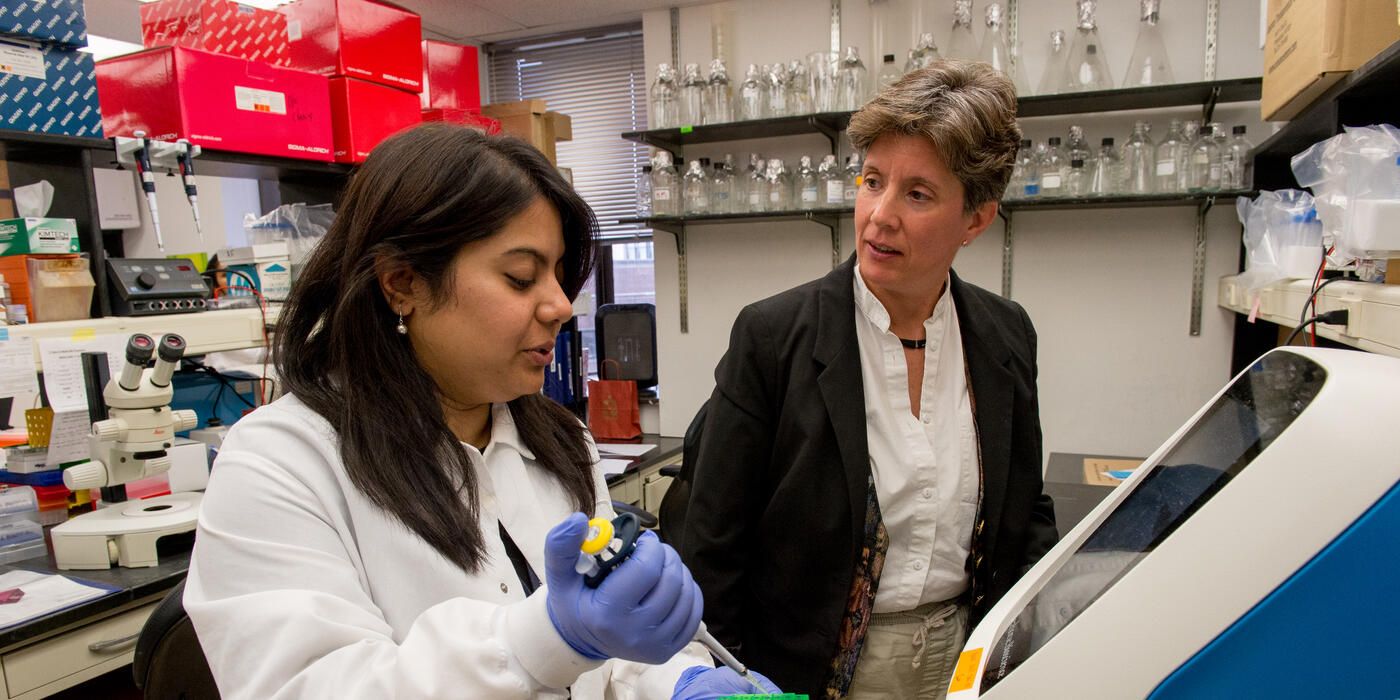Maureen Murphy, Ph.D., of The Wistar Institute Named 2024 Woman of Influence
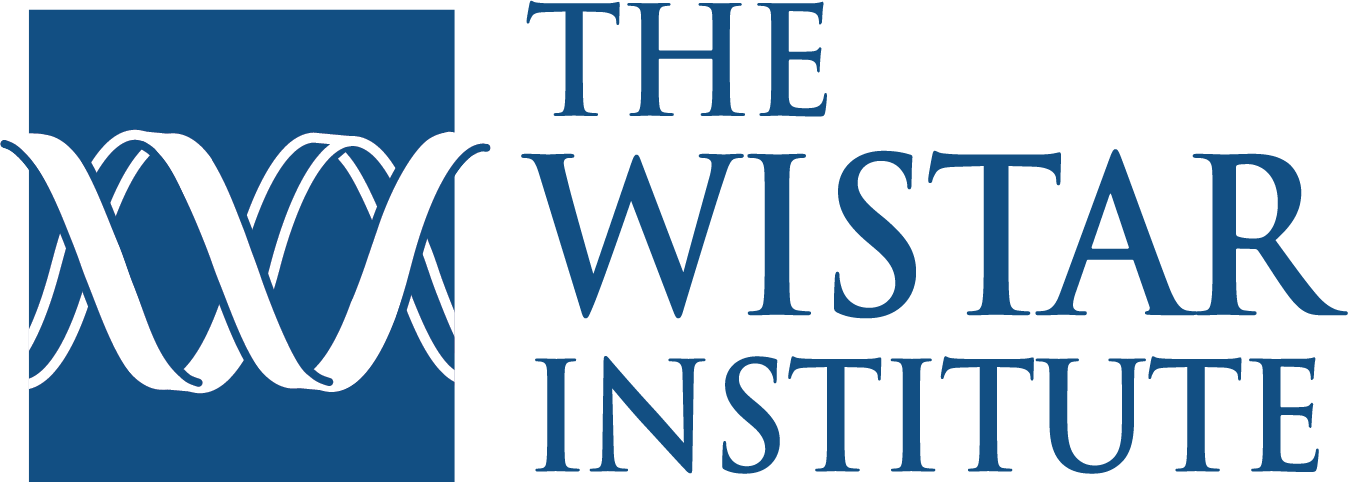
-
CONTACT:
-
Darien Sutton
Philadelphia Business Journal honors Murphy’s contributions as a leader and scientist to Greater Philadelphia
PHILADELPHIA — (October 11, 2024) — In the latest issue of The Philadelphia Business Journal, The Wistar Institute’s Maureen Murphy, Ph.D. — Deputy Director of the Ellen and Ronald Caplan Cancer Center and Ira Brind Professor & Program Leader of the Molecular and Cellular Oncogenesis Program — has been honored as a 2024 Woman of Influence, a distinction given to women in the Greater Philadelphia region who are “often making the difficult look easy” while achieving their ambitious goals. Dr. Murphy received the recognition alongside her fellow honorees at a special celebration on the evening of October 10th.
A senior scientific leader at Wistar and renowned expert on the p53 anti-cancer protein, Dr. Murphy has led and guided the Institute’s research projects that continue to uncover the basis of cancer — an essential first step in identifying new therapeutic strategies that may one day become future, lifesaving cancer therapeutics. Murphy specializes in understanding the impact of genetic variation of p53 in African- and Ashkenazi-descent individuals influences their cancer risk and efficacy of therapy.
“I’m thrilled to be named in the company of such exemplary women,” said Dr. Murphy upon receiving the award. “To me, making progress against cancer here at The Wistar Institute has always been the highest honor there is. I’m deeply grateful that my work here at the Institute has been recognized this way, and I’m proud to be a Woman of Influence in a region so rich in talented women scientists & leaders.”
“Maureen truly embodies the spirit of Wistar Science through her tireless commitment to exceptional research, cancer health disparities and mentoring of the next generation of scientists,” said Dario Altieri, M.D., President and CEO of The Wistar Institute. “This is a most deserved recognition of her exemplary scientific leadership and extraordinary pursuit of innovation in next-generation therapies to advance human health.”
Recently featured on the latest episode of Wistar Science Up Close, Dr. Murphy speaks to her hope for continuing to lend her leadership to the fight against cancer: “I am only here to make the world a better place. That’s it. I’m not here due to ego… We need to sit in a lab and try and help humankind.”
For a printer-friendly version of this release, please click here.
ABOUT THE WISTAR INSTITUTE:
The Wistar Institute is the nation’s first independent nonprofit institution devoted exclusively to foundational biomedical research and training. Since 1972, the Institute has held National Cancer Institute (NCI)-designated Cancer Center status. Through a culture and commitment to biomedical collaboration and innovation, Wistar science leads to breakthrough early-stage discoveries and life science sector start-ups. Wistar scientists are dedicated to solving some of the world’s most challenging problems in the field of cancer and immunology, advancing human health through early-stage discovery and training the next generation of biomedical researchers. wistar.org
